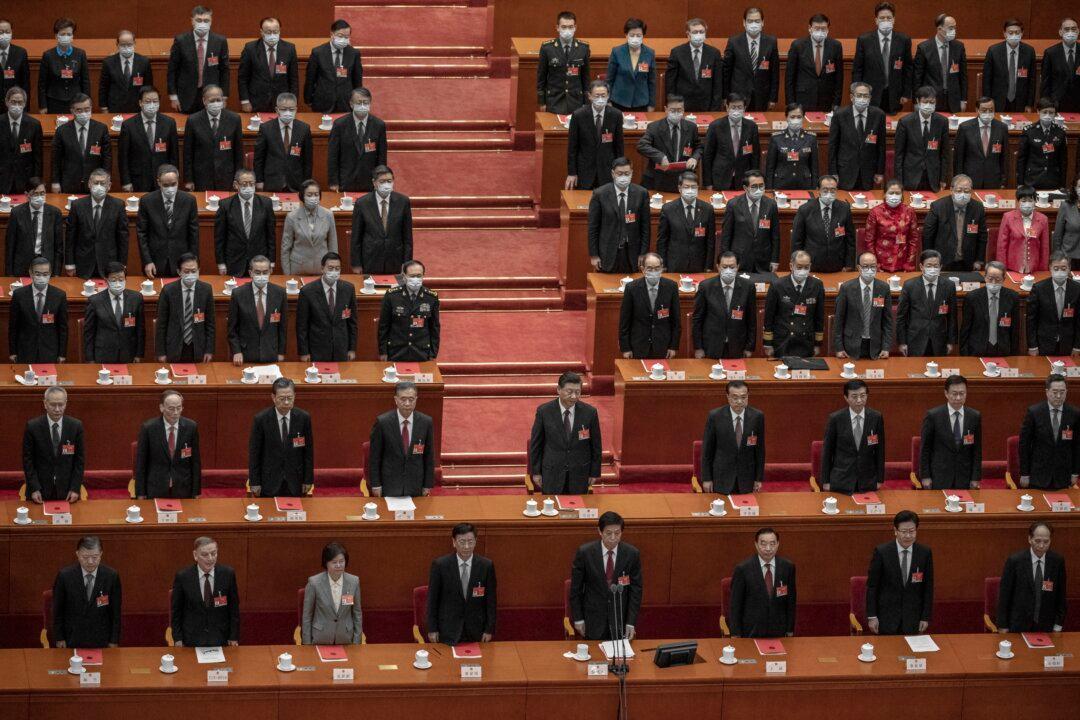Commentary
In 2022, the Chinese Communist Party (CCP) will be plagued with internal political instability as its leader, Xi Jinping, tries to secure a third—if not lifelong—term at the 20th Party Congress this fall.

In 2022, the Chinese Communist Party (CCP) will be plagued with internal political instability as its leader, Xi Jinping, tries to secure a third—if not lifelong—term at the 20th Party Congress this fall.